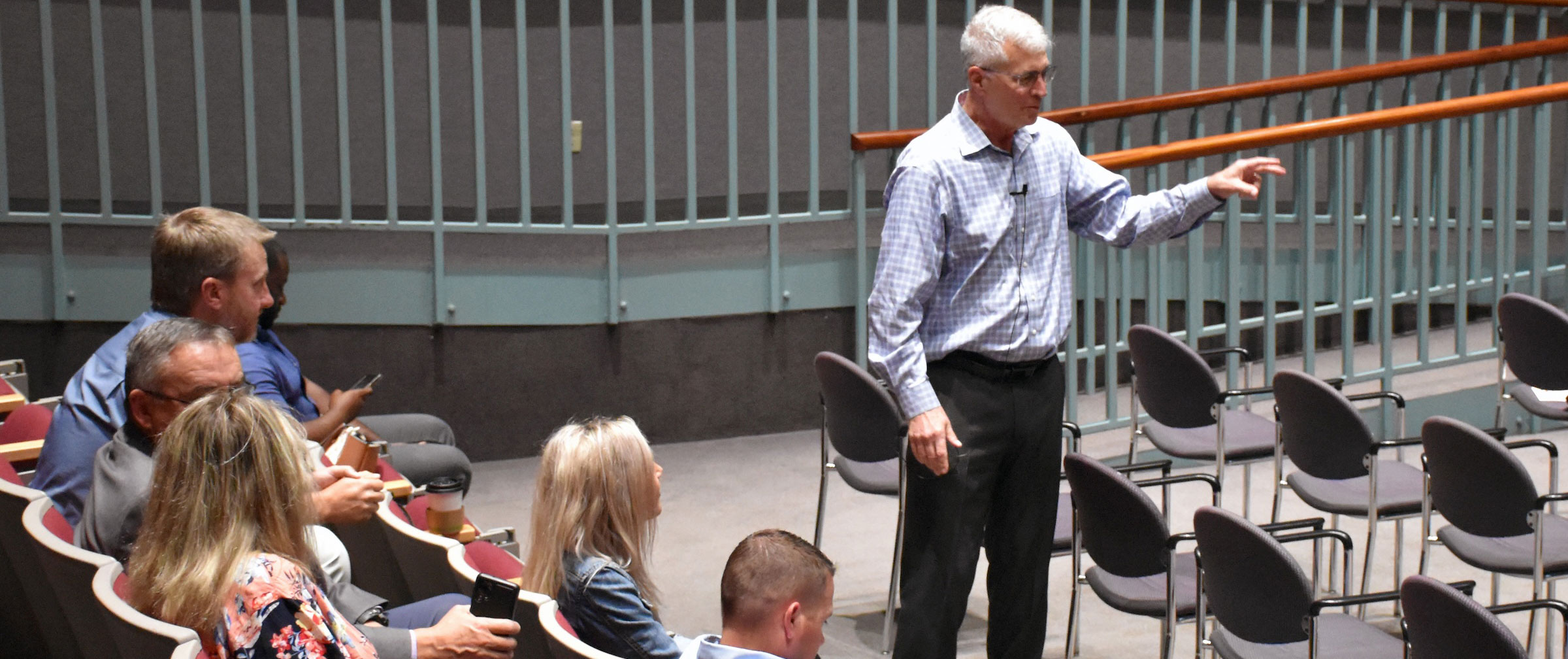Last week I discussed the “true cost of health care”. Today I’m going to discuss another overlooked potential “cost” to your organization: meetings.
Meetings, meetings, meetings!
One of the biggest frustrations for physicians going into administration is the plethora of meetings that are suddenly added to their schedule. It is a complaint I here every day. Regularly scheduled meetings, department meetings, board meetings, MEC, impromptu meetings and others rapidly fill up the daily schedule, and many times it seems impossible to get all the other work done because of these meetings. And on top of that, how often does one sit in a meeting and wish they were either somewhere else or accomplishing some other part of their daily demands? We used to joke about paging each other out of meetings…. we all did it.
I have reviewed numerous agendas over the years. Many times I wondered if particular report topics scheduled for that meeting were even necessary…. many times I wondered if the meeting itself were necessary. Furthermore, if someone were on that agenda, did that person always feel obligated to give a report, even if there was not much useful information to pass on to the attendees? What’s wrong with saying “No report this month?”. And what was magic about monthly meetings, versus bimonthly, versus quarterly? Were we meeting just to meet? Where is the Value?
It’s hard enough to get physicians to come to meetings in the first place. It is not hardwired into their mentalities. Historically, many medical staff bylaws require meeting attendance. I guess that’s sometimes the only way to get the attendance and quorums. But that still does not answer the question of whether that meeting is necessary in the first place, or if it delivers value to the attendee.
Over the years, I have found a simple mental exercise to help me with this:
Any meeting begs the simple question, “What is the cost of this meeting?”. Put another way, what else could the attendees have done in lieu of coming to the meeting?
How much does it cost for a person to attend the meeting? Let’s use a simple example: a general surgery department meeting. Assuming the meeting lasts an hour, and given an average transportation time of 30 minutes to and from the location, attending this meeting would cost the surgeon two hours. What else could that surgeon have done in those two hours; how many surgical cases or office visits could that physician have done during that time? It is reasonable to assume that the surgeon could have generated at least $1,000 during that time and perhaps more. If ten physicians are attending that meeting, the overall cost of that meeting, just from the perspective of the surgeons, is at least $10,000. Is the content of that meeting worth $10,000?
And how about the administrators at that meeting. If you took their average salary and allotted an hour of each of their salary to that meeting, what would that cost be? Looking at the meeting in this fashion, the total opportunity cost of that meeting is easily $20,000. Do you have $20,000 dollars of value in that meeting?
Now, every time I look at an agenda item or contemplate a presentation, I simply ask the question, “Is the subject we are covering worth the total cost of this meeting?”. It generates some interesting thoughts. Maybe there is a reason that the attendance is poor!
Now let’s look at a larger meeting: presenting at a conference. When I keynote a major conference, there are usually at least 300 attendees. What would be the aggregate salary for those 300 attendees, and how much does an hour of their time cost? There could easily be hundreds of thousands of dollars in opportunity costs in order for these attendees to be there. I take this into consideration for every presentation that I do.. I want the attendees to absolutely feel that they got their “money’s worth”! It is truly humbling from the perspective of the speaker.
As you organize your next meeting, set the agenda and determine the attendees, it would be a worthy exercise to do this above calculation. There is no need to be completely accurate, just determine approximately how much this meeting “costs”. What else could the attendees have done in lieu of this meeting?
How much does your next meeting cost? It’s a very worthy exercise.
And…. are you delivering that value for the attendees that are choosing to spend their valuable time with you?
If not, maybe there are better things that everyone can do with their time. And maybe sometimes the perspective attendees already know that!
Just something to think about.
Also, don’t forget about the upcoming CCC Conference that I am speaking at in Las Vegas. It’s going to be a great conference with amazing speakers in the sphere of Telemedicine




